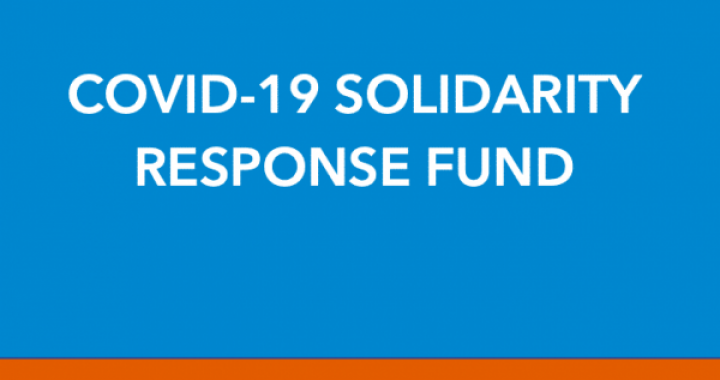Global ThinkNet Fellows | Japanese Politics in the New Era

This project focused on the theme of “Japanese Politics in the New Era,” under the direction of Hideo Otake, professor of political science at Kyoto University and leading scholar on Japanese politics. The project reflected an awareness of the difficult constraints that domestic politics often place on effective Japanese participation and leadership in international affairs.
Global ThinkNet Fellows | Nonstate Actors in International Relations

Under the guidance of Professor Taizo Yakushiji of Keio University, a group of eight young scholars and researchers from various academic fields was formed to explore the role of non-state actors, such as multinational corporations, nongovernmental organizations, interest groups, and the mass media, in today’s international relations.
Global ThinkNet Fellows | The Future of Governance & the Role of Politicians

Under the guidance of Professor Gerald Curtis of Columbia University, six emerging political leaders conducted case studies in their respective areas of expertise in order to identify appropriate roles of politicians and new models for the policy-formation process.
Global ThinkNet Fellows | The Japan-US Alliance: New Challenges in the 21st Century

A group of six young scholars examined the elements that might affect the Japan-US alliance in coming decades, including domestic public opinion and politics, tensions between other countries, and cultural outlook. Their final papers were published by JCIE as an edited volume, Japan-US Alliance: New Challenges for the 21st Century.
Global ThinkNet Fellows | Transformation of Japanese Communities and the Emerging Local Agenda

Under the direction of Shun’ichi Furukawa, a team of young scholars and think tank researchers was formed to study the new demands facing local government in the face of rapid changes that have accompanied globalization and decentralization.
Global ThinkNet Fellows | Prospects of ASEAN 10 and Its Implications for Regional International Relations

Established thirty years ago, the Association of Southeast Asian Nations (ASEAN) has developed from a tentative anti-communist coalition into a major international actor in the economic arena. Under the guidance of Prof. Sueo Sekiguchi of Seikei University, a study group of seven young economists and political scientists was formed to examine various aspects of the expansion of ASEAN and analyze what effect it will have on the region’s economies; the participants met regularly to discuss the political, economic, and social issues related to ASEAN and the long-term prospects of the member economies.
Asian Community Trust

Founded in 1979, the Asian Community Trust (ACT) was Japan’s first charitable trust based on general fundraising. It is committed to providing support for grassroots, self-help efforts of nongovernmental organizations involved in sustainable social and economic development across Asia.
Ajinomoto International Cooperation for “Nutrition and Health” Support Program

The Ajinomoto International Cooperation for “Nutrition and Health” Support Program was a grant program aimed at improving the quality of life of people in developing countries through support for international cooperation activities in local communities in the field of food and nutrition.
COVID-19 Solidarity Response Fund for WHO

JCIE has teamed up with the UN Foundation and the WHO Foundation as the Japan partner of the COVID-19 Solidarity Response Fund for WHO. This fund enables Japanese companies, organizations, and individuals to donate to support the work of the WHO, CEPI, UNICEF, WFP, and other international organizations in their fight against the pandemic.
Goldman Sachs Global Leaders Program

The Goldman Sachs Global Leaders Program, an annual international competition, was launched to identify and reward the academic achievement and leadership potential of 100 of the most accomplished students at 54 designated top-ranked universities in 16 countries and regions.
